Top 10 tips for renters when looking for a new apartment
A real estate investor and landlord gives his best advice on what renters should consider when they’re looking for a new place to live.
As a real estate investor and landlord, I get questions all the time from prospective tenants who are inquiring about properties we have for rent. There’s a lot of confusion out there about many aspects of the rental process, and who better to help set the record straight than someone involved in the process directly?
Unfortunately, a lot of that confusion comes from landlords themselves because it can be difficult to keep up with ever-changing rules and regulations related to rental property. There seem to be a hundred different sources weighing in on the topic from advocacy groups, to local municipalities, to the federal government and its regulatory agencies.
I want to try and clear up some of that confusion, and I’ve included my top 10 tips for renters along with a little bit of inside information from a landlord’s perspective that will help make the process of shopping for a new place to live a little easier.
Tip #1: Figure out what’s in your price range and what isn’t
The first thing to do when you’re shopping for a new rental to live in is to determine how much you can afford to spend each month. Rent is going to be the largest part of the equation, but there are also a few additional items we’ll discuss in more detail below that should also be part of your calculation.
There are all kinds of formulas and rules of thumb out there, but the one I think is easiest to remember and the one I hear most landlords talk about is the 3X rule, which says your income needs to be at least three times the monthly rent to comfortably afford the property you’re shopping for. For example, if the rent is $1,200 per month, then you should make at least $3,600 in monthly income.
Of course, it would be great if you made more than that because that means you’ll have a greater ability to save money for the downpayment on a house once you decide you’re ready for that step in life, but the 3X rule is definitely something to keep at the top of your mind when searching for a new rental property.
Tip #2: Determine what features you need vs what you want
Most people would love to live in a rental unit that comes with an infinity pool, a home theater with surround sound, and heated floors that’ll keep your tootsies warm when they hit the floor as you roll out of bed. However, it’s important to figure out what features are a necessity (i.e. it’s a dealbreaker if the rental property doesn’t have these things) vs. the features that would simply be nice luxuries to have.
For example, maybe it’s important to you that you have an easy commute to work, and you want to be less than 10 minutes from your job. No one enjoys fighting traffic, right? Or, what if you have a pet? You need a rental that will be welcoming to not just you but also your dog, cat, bird, fish, etc. If the property you’re considering has a “no pets” policy, that’s probably not going to work for you. Those are needs.
On the other hand, granite countertops sure make a home feel plusher, and trendy plank flooring is a nice touch that makes the place feel homier, and the stainless steel appliances really add some sparkle making it a pleasure to use the kitchen. However, laminate countertops, linoleum floors, and plain appliances all serve the same purposes as their more luxurious counterparts. There’s nothing wrong with desiring a more well-appointed rental, but those aren’t necessarily needed. They’re wants.
Figuring out what’s important in your situation will make the decision-making process easier.
Tip #3: The best time to look for a rental is in winter months
This is generally more true in places where it snows because no one in their right mind wants to move in icy, cold conditions. Take it from me because I did it, and it’s no fun. However, it’s also somewhat true down here in Florida mostly due to school and work schedules. Most people don’t want to move their kids during the school year. College students don’t want to worry about finding a place to live in the middle of a semester, and it just makes more sense to move in the summer when the weather is good, and you’ve got your vacation scheduled.
In winter months, landlords can have a more difficult time filling vacancies because there just aren’t as many people shopping for a place to live. The demand is lower, so landlords may be willing to negotiate and accept a lower rent than they might normally.
But, because most people try to be settled into their home in winter months, there’s likely to be fewer rental properties to choose from. Still, you could find a good deal on the ones that are available.
Tip #4: Be prepared for the application process
By far, the biggest thing that causes trepidation among potential tenants is the application process, and that centers mostly around fears over having a high enough credit score. Now, I can’t speak for other landlords, but I always tell people who are concerned that their credit is too low to be a viable candidate that there’s no single number or data point that will disqualify them from consideration in our process. We look at the complete picture, which does include a credit report, but also a general background check, a criminal background check, employment history with professional references, income verification, and previous housing/rental history with references. We also evaluate the potential tenant during conversations with them, asking relevant questions about what they’re looking for in a rental property, how long they’re looking to rent the unit, as well as sharing information about our rental process, rent payment procedures, and specifics of the lease agreement.
It’s an interview, and like it or not you’re competing with other applicants. It’s the responsibility of the landlord to evaluate all the applicants fairly based on the same criteria, and they’re going to choose the person they think will best be able to pay their rent on time, honor the lease agreement, and treat the property with respect.
Every landlord’s application process will be different, so it’s important to ask and understand the process for each application you intend to complete. Realize that you’ll likely pay anywhere from $25-$50 per application, so choose wisely which properties you apply for. On a side note, we understand these fees can get expensive, so we market our properties via Zillow. Zillow handles the collection of the applicant’s information, and the application fee is paid directly to Zillow. The nice thing about this process is, even if you aren’t selected to rent one property marketed via Zillow, since you’ve already paid the application fee, you can apply to other properties marketed through the service, and not have to pay the application fee again for 30 days.
Lastly, have your proof of income (check stubs, W-2s, tax returns, or employment offer letters if its a new job) ready to share along with contact info for current and previous employers and landlords. Having that information ready to go will make the process as easy as can be.
Tip #5: If you have bad credit, work on it
Credit scores are important. For us, it’s not critically important because we take all the information revealed in the application into account. As I said above, no single number will disqualify someone from consideration in our process. However, if all the other factors are equal, and one applicant has a credit score of 520 and the other applicant has a credit score of 760, we have to choose the person with the higher credit score.
The bottom line is landlords want the best tenants they can get. Those tenants are the ones who can pay their rent on time, every time, and in a close competition, the credit score can be a difference maker.
Having solid credit is perceived as a good indicator of how responsible you are. So, if your credit isn’t so great, work on it. Pay your bills on time. Pay off credit cards or other consumer loans, and if you can’t pay them off completely, at least pay them down and stop adding to the balances. There are even programs that allow you to improve your credit score as you pay your rent. Ask your landlord if they participate in any such programs.
Tip #6: Determine which utilities might be part of the monthly rent
It’s important to know which (if any) utilities and housing expenses might be covered as part your monthly rent payment. In Tip #1, I mentioned the importance of knowing how much you can afford to spend out of your total monthly income on housing. This includes expenses like garbage pick-up, electrical service, water, and cable/internet.
For some rental properties, landlords may opt to include some utilities with their tenants’ monthly rent payments. For example, in many of our rentals, we include the cost of lawn maintenance in the price of the rent.
It’s important to calculate the cost of any utilities not included in your monthly rent so you can make sure you’re within your budget. Make sure you also don’t overlook the expense of deposits utility companies often require to start new service.
Tip #7: Make sure to read and understand the lease agreement
There’s a reason many people advise you not to sign anything you haven’t read first. I’d add you shouldn’t just read it but also understand it before you sign. This is particularly true for lease agreements because they typically lay out very specific terms for a variety of factors, many of which could cost you money or determine how much money you get back once you move out.
Leases spell out everything from when you’re allowed to move in, when it’s expected that you’ll move out, how much your rent will be, how much the security deposit for the rental is, what happens if your rent is late, what is required to get all or a portion of your deposit back, as well as a host of other stipulations. They’re usually several pages of blindingly tiny type written in legalese that make it tempting to just not bother with reading the document and simply sign on the dotted line at the end.
Please don’t give in to that temptation.
Once you’ve read the lease, you’ll want to go over anything you have questions about or need clarity on with your landlord. After they’ve answered those questions and given you satisfactory explanations, only then should you sign the document. The landlord will also sign the agreement and provide you with a copy of the executed contract. This can be in printed form or an e-copy, and you should keep that document on file in case any questions or issues arise down the road and you need to refer back to the agreement to help resolve those issues.
Tip #8: Do a walk-through of the rental property
At some point before or after signing the lease agreement, you should perform a walk-through of the rental property. This can be done with the landlord or by yourself. You’ll be looking for any damages/normal wear and tear that already exist in the property. If the landlord is with you during the walk-through, point out any scuffs, nicks, scratches, etc. that you find. If the landlord isn’t with you when you perform the walk-through, take notes and photos of any issues you see, and share them with your landlord so they’re aware of them. You don’t want to be held responsible for anything that happened to the property before you lived there. If a previous tenant dented a refrigerator door, you don’t want a portion of your security deposit held back for an issue you didn’t create.
Tip #9: Purchase renter’s insurance
Another housing expense that needs to be part of the budgetary calculation I talked about in Tip #1 is the cost of buying renter’s insurance. Fortunately, the cost for this is actually incredibly reasonable for the value it provides to tenants.
Renter’s insurance protects your possessions once you’ve moved them into the rental property. If there’s a fire or a theft, the landlord’s insurance will not cover any damages or loss of your personal property, so it’s important for you to get a renter’s insurance policy in place, ideally before you move in.
The costs for a renter’s insurance policy averages between $15-$25 per month depending on which state you live in. The yearly average for the U.S. is just $179 per year, so please do yourself a favor and get coverage. It really is a bargain, and one you’ll be glad you have if something catastrophic happens while living in the rental.
Tip #10: Establish and maintain a good relationship with your landlord
It’s important to make sure you have a solid relationship with your landlord. That doesn’t mean you need to be best friends, but it does mean being honest with them and maintaining good, open lines of communication. Landlords value communication highly. It’s a key component of any relationship, and this is especially true for landlords and tenants. The last thing a landlord wants is to be surprised at the last minute about an issue that could have been handled much earlier and more easily if only they’d been made aware by the tenant.
For example, if your rent will be late, let them know as soon as possible. Most landlords are willing to work with tenants to resolves situations, especially if you’ve proven yourself to be an excellent tenant and have maintained a good relationship with them.
Another way to ensure you maintain a good relationship with your landlord is to respect the property. Landlords have huge financial investments in their properties. Stay on their good side by treating the property with respect. While you may not own the property yourself, it is still your home, and why would you want to trash your home?
If you don’t treat the property with care and respect, it’s likely you’ll lose some or all of your security deposit, and you could also be on the hook for even more expenses if the landlord decides to evict you and sue for damages. Being negligent with the property will definitely not keep you on the landlord’s good side.
Most landlords will value you as a tenant if you do just three things. 1) Consistently pay your rent on time. 2) Respect the landlord’s property. 3) Communicate early and effectively. Pretty simple, really.
Conclusion
There you have them – my top 10 tips for renters. If you’re in the market for a rental unit, hopefully you’ll find some value in them as you go through the process of finding a new place to call home. If you have any questions, please feel free to reach out in the comments. As a landlord, I’m happy to share my perspectives and give you as much “insider” knowledge as I can to help you make your transition to a new home as smooth as possible.
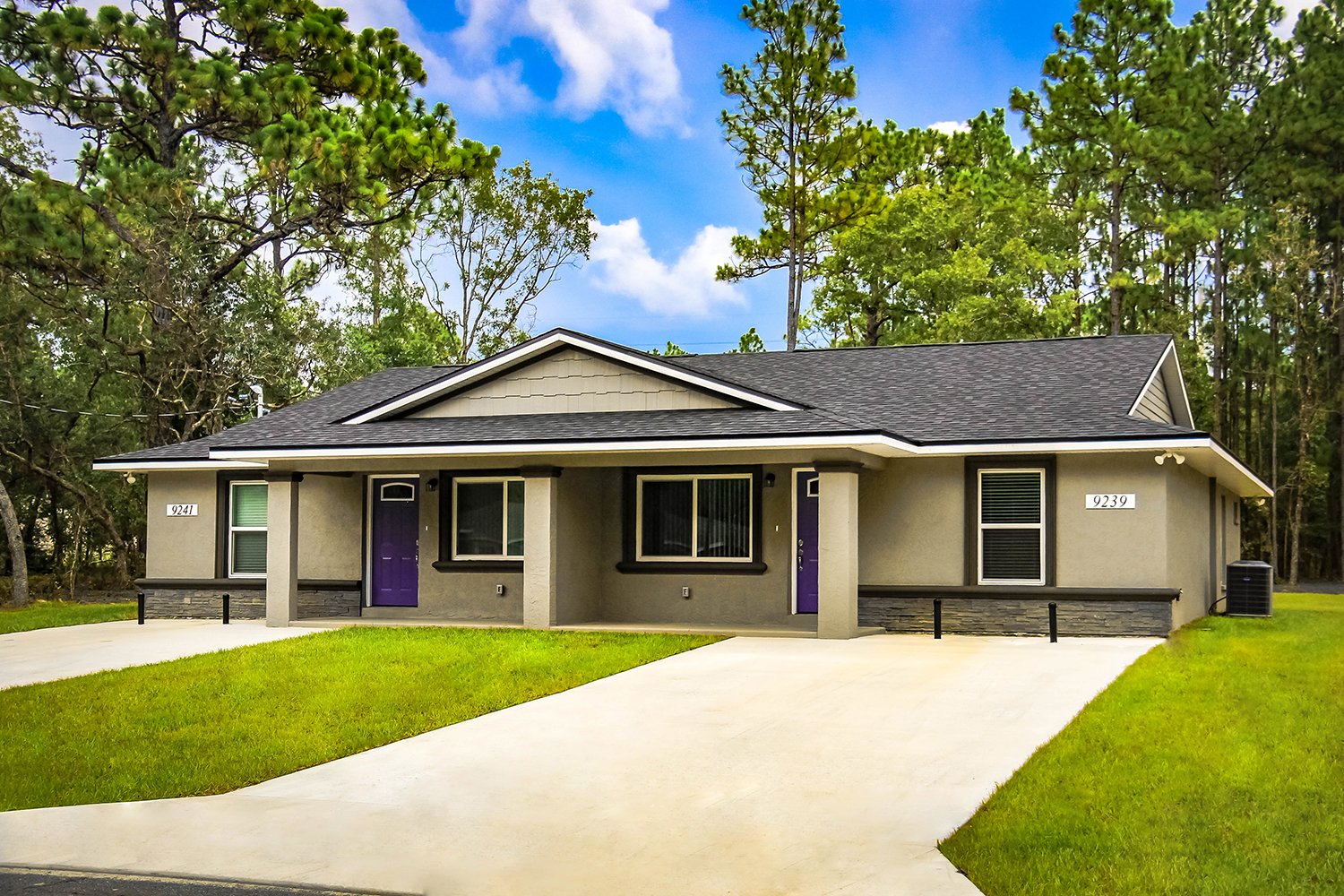
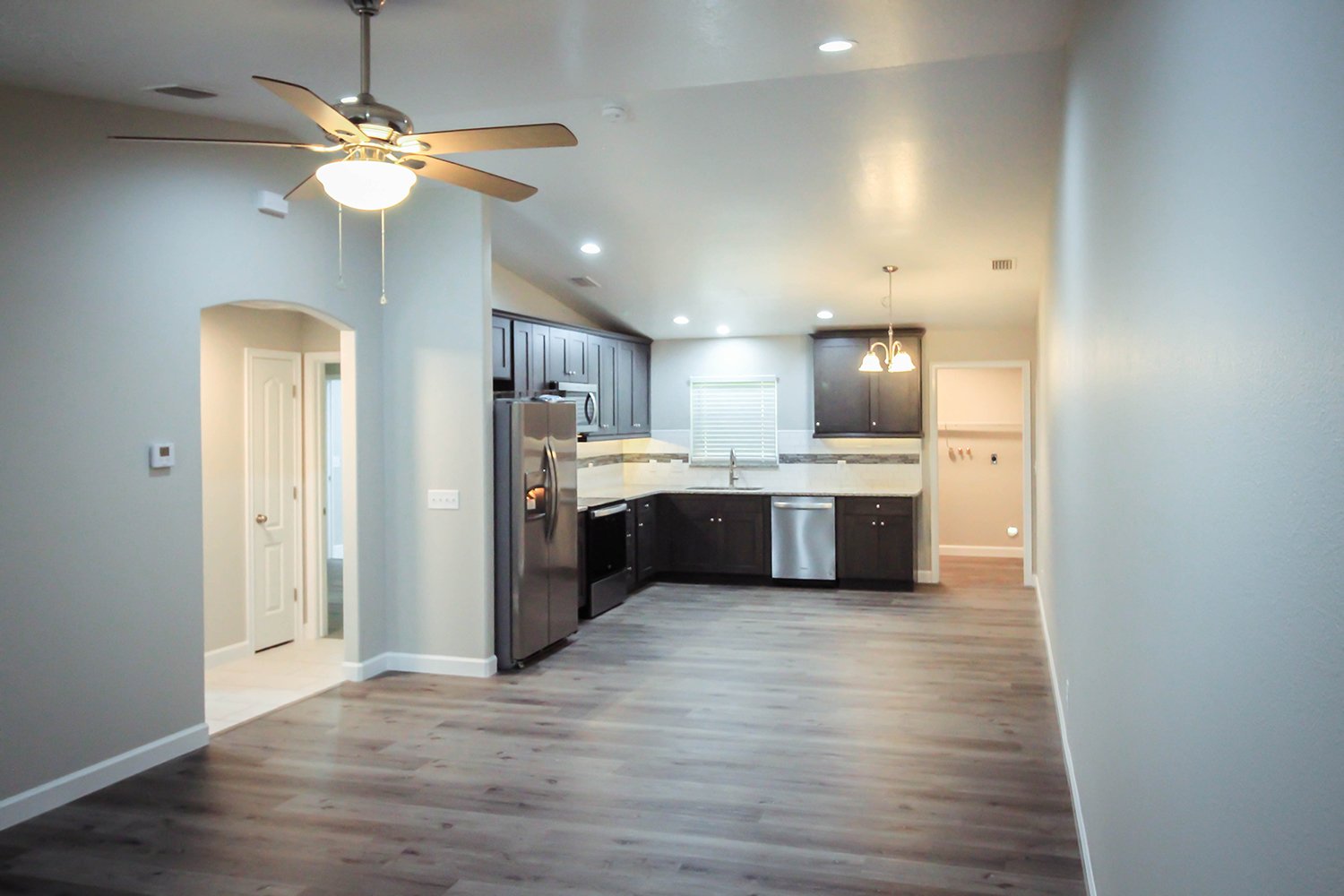
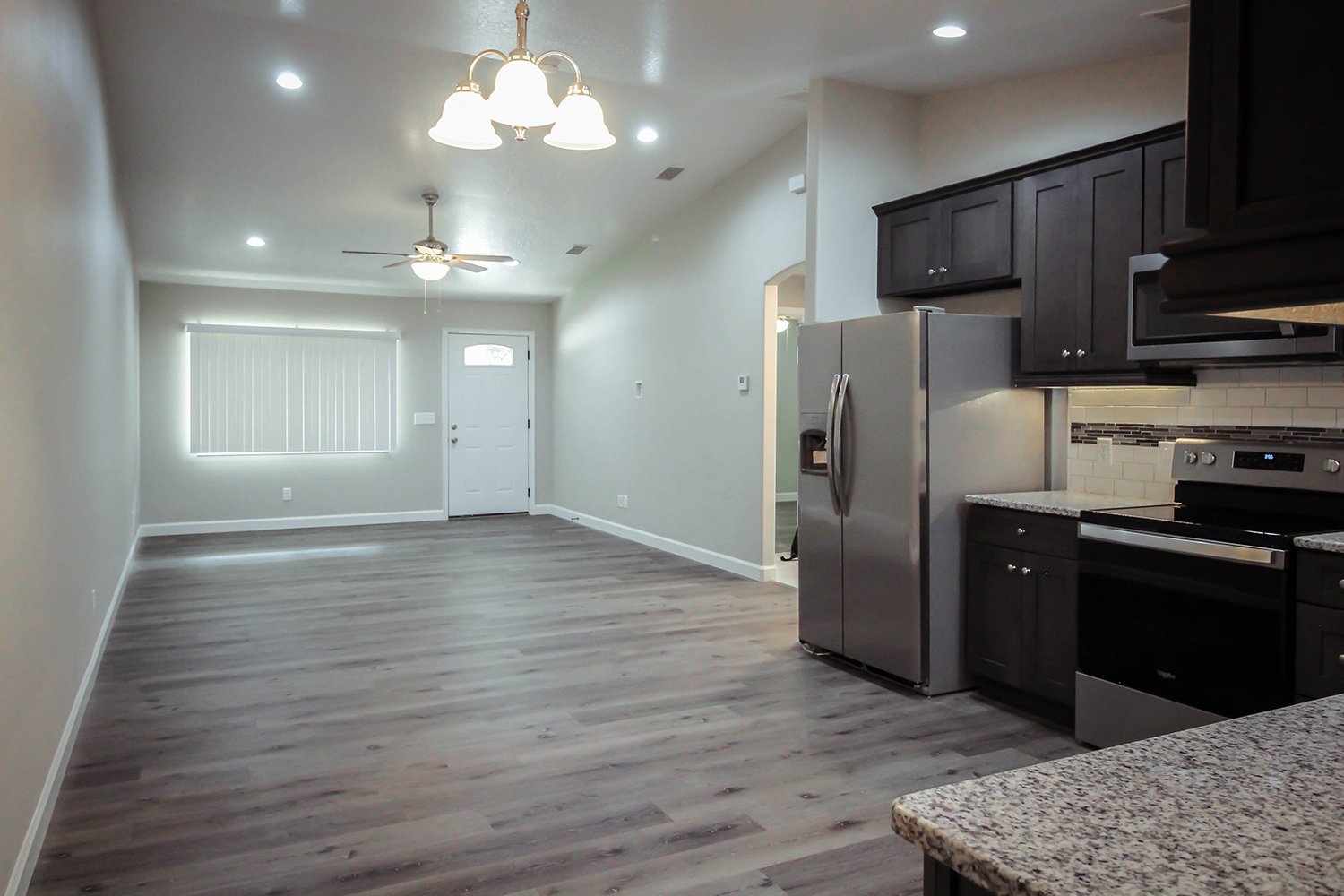
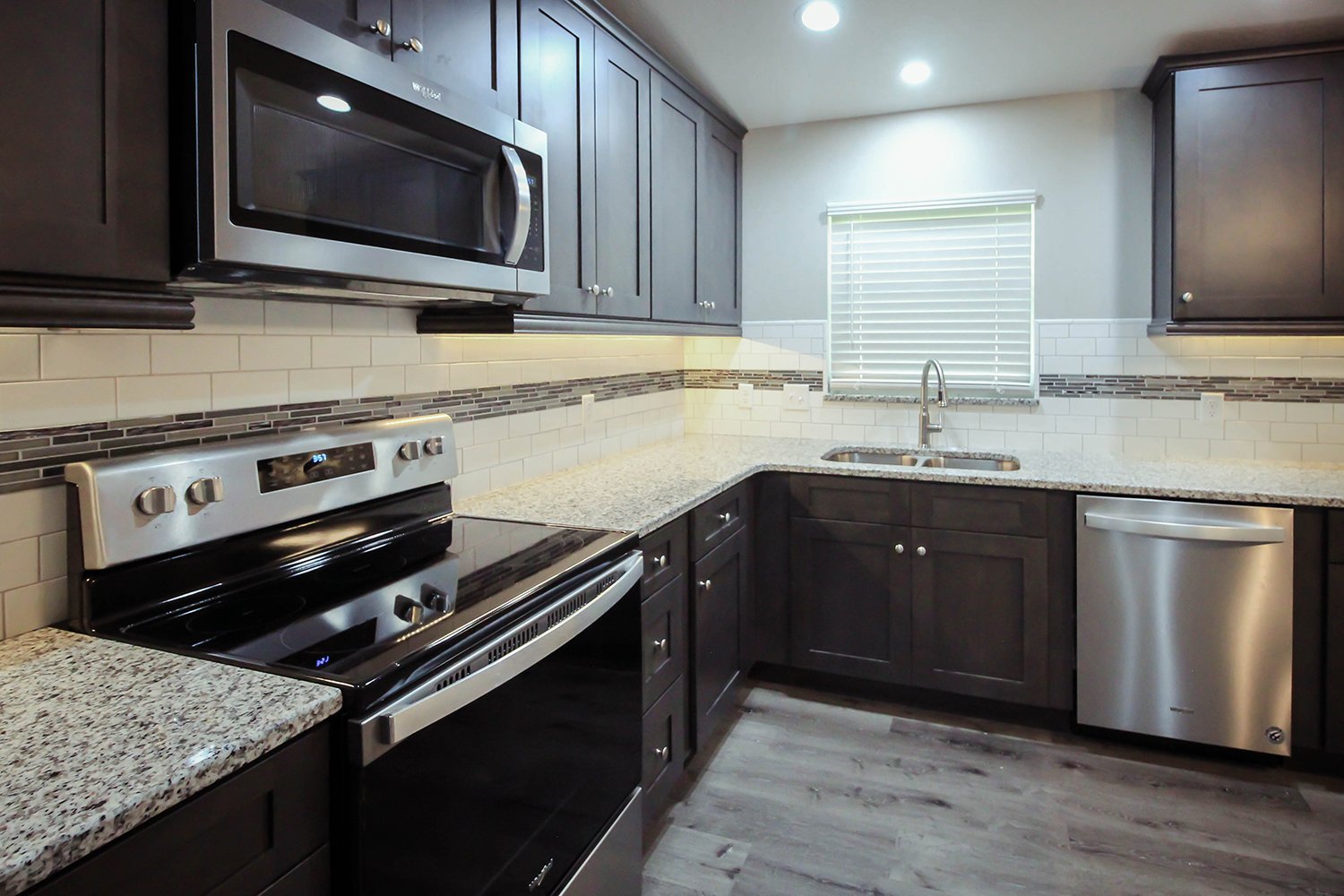
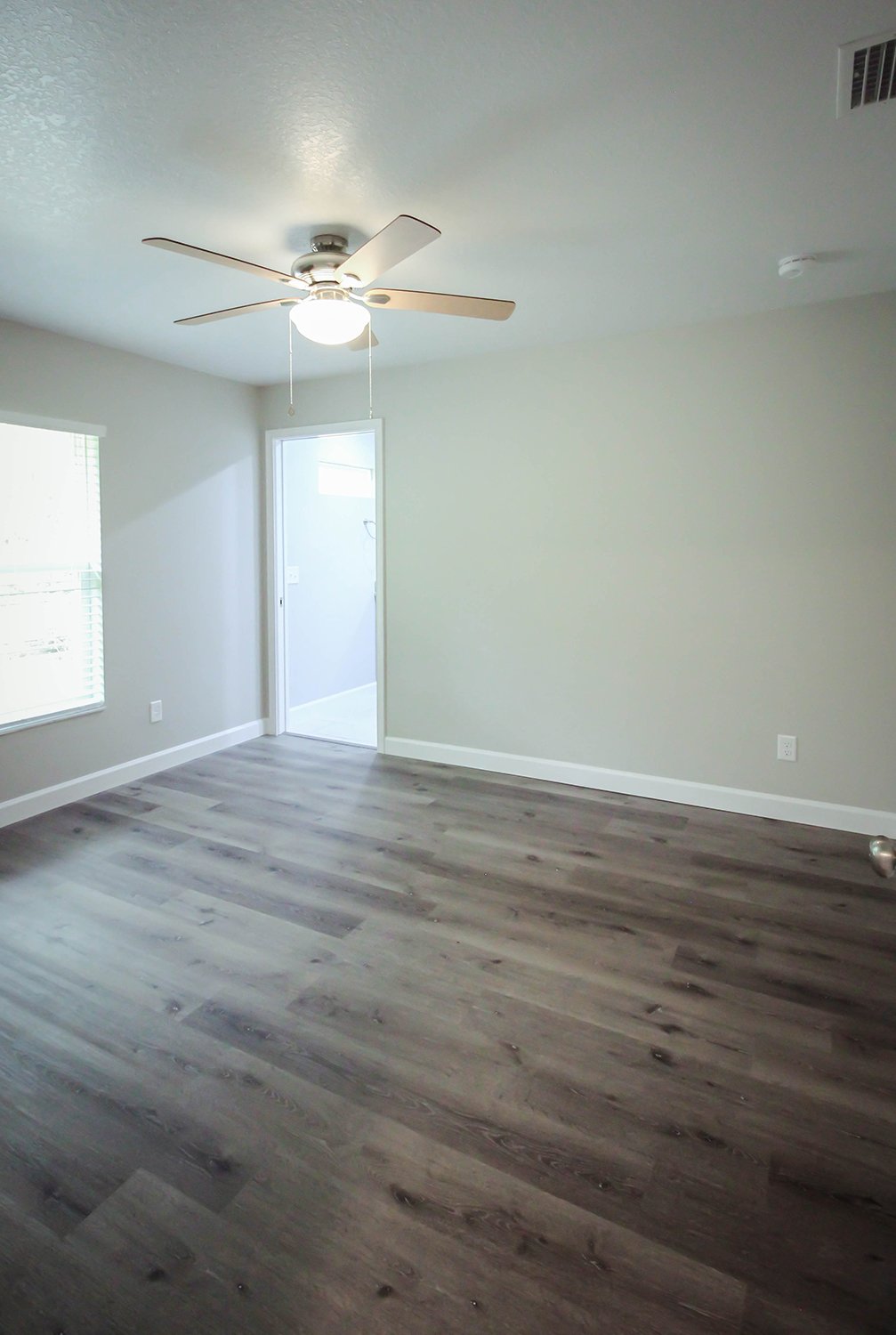
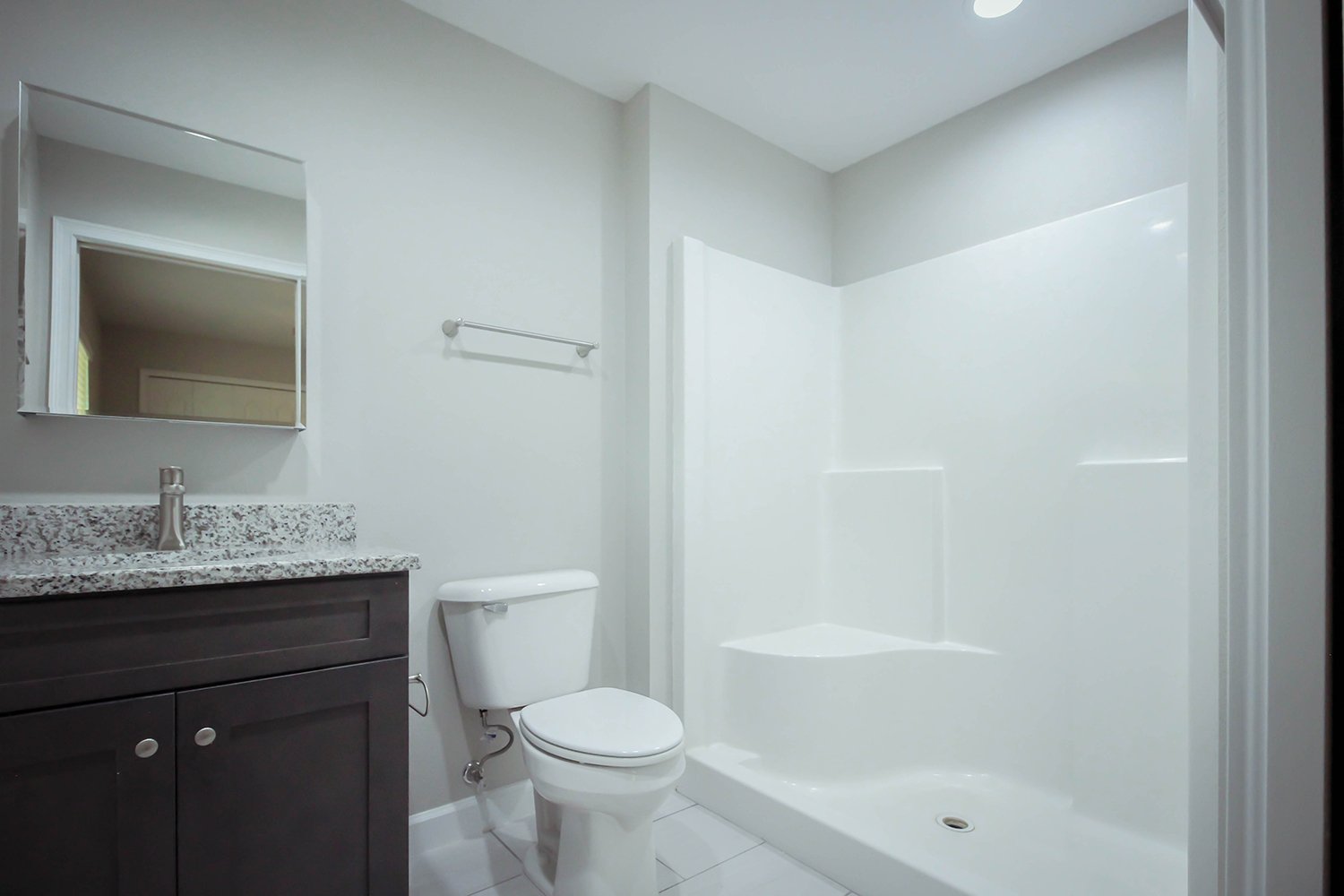
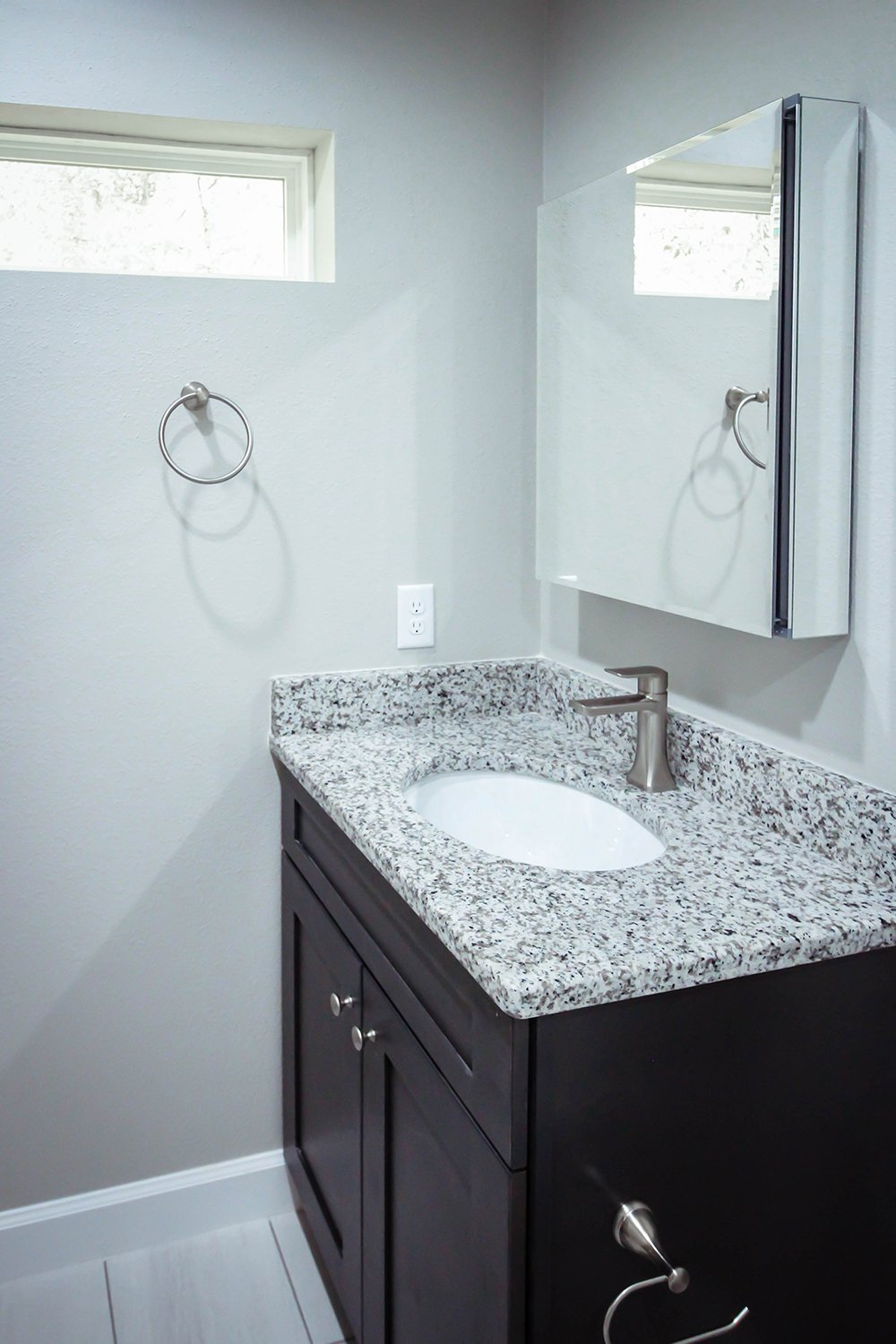
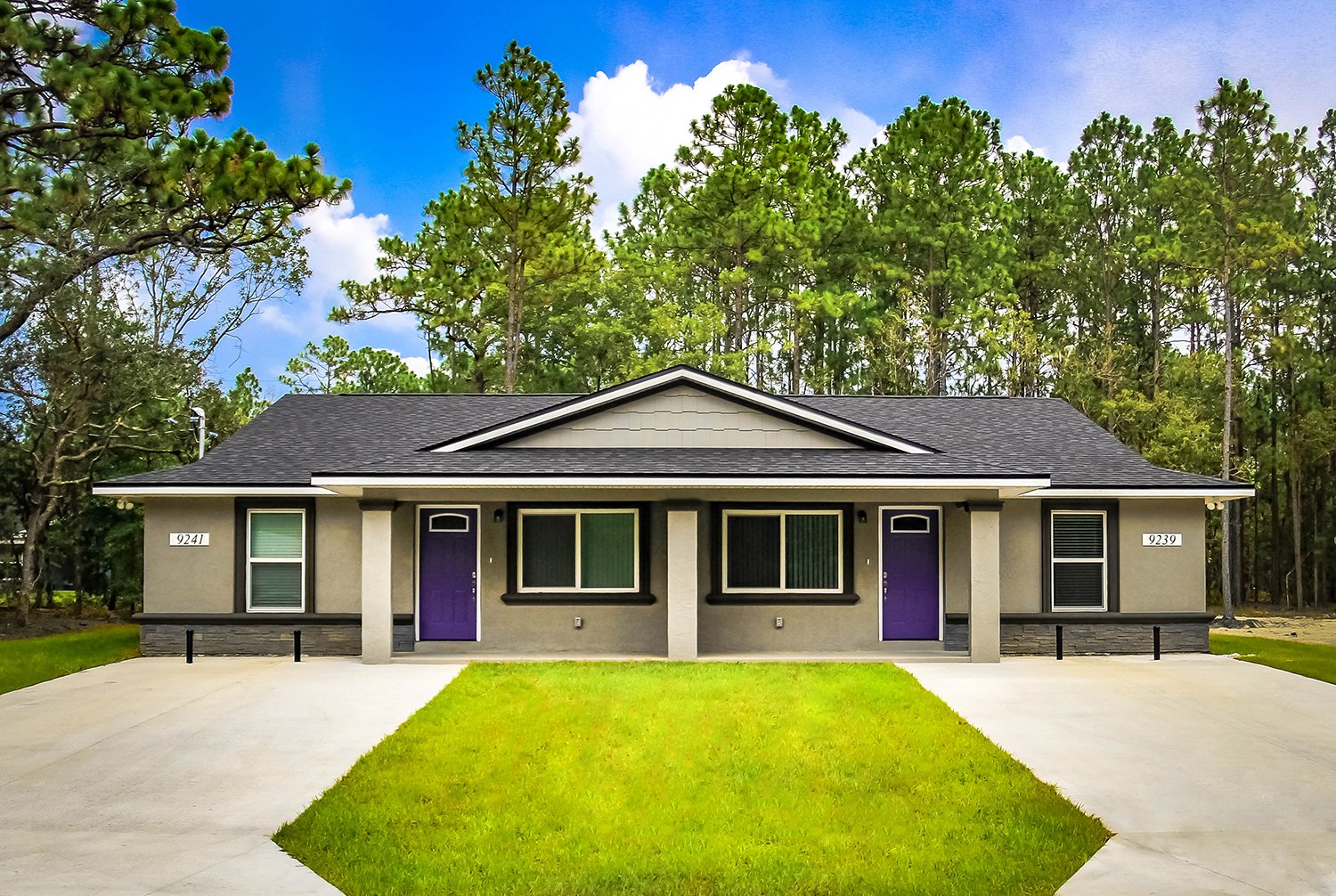
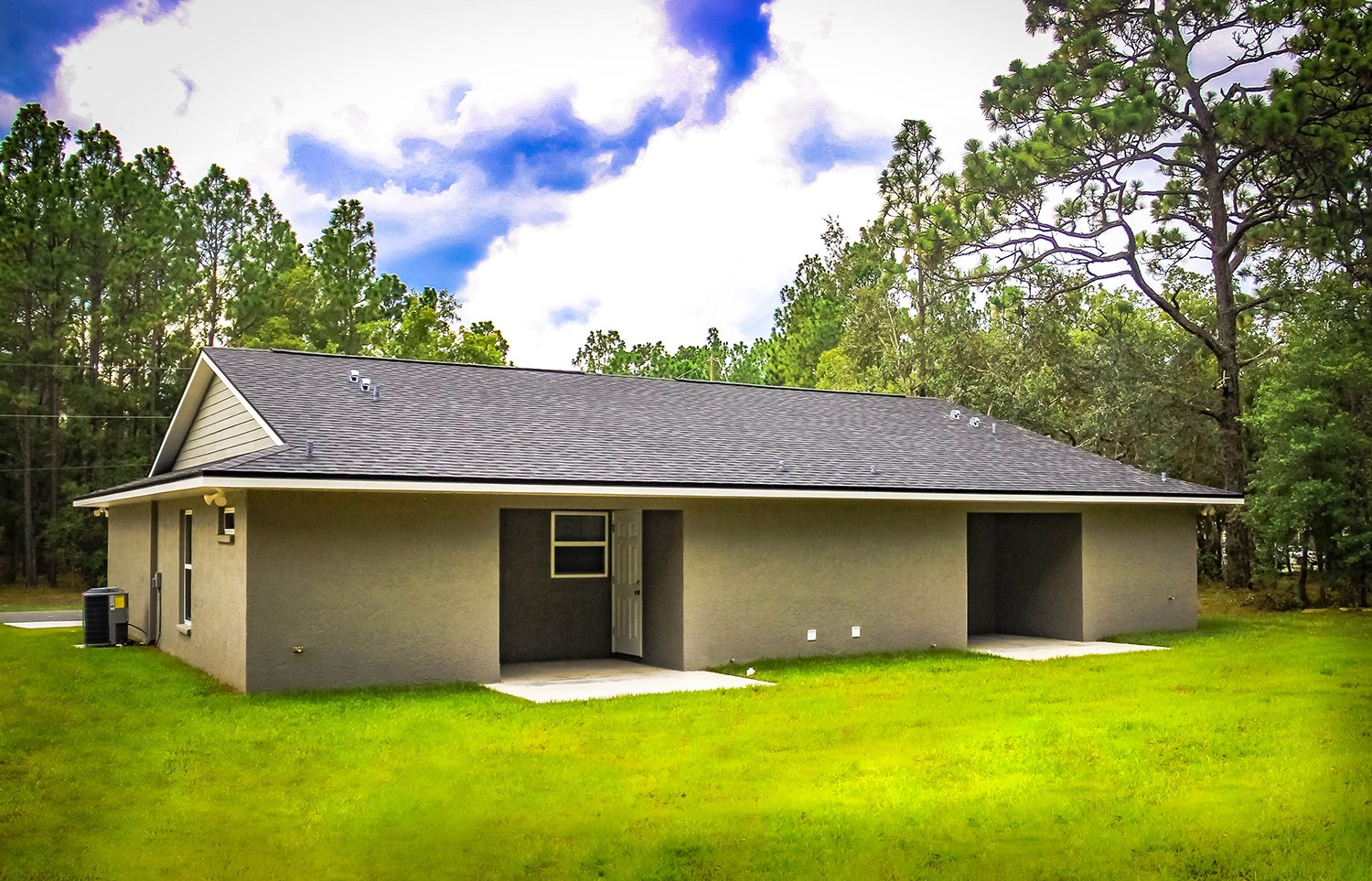
A few photos of one of our duplex rentals in Citrus Springs, FL

